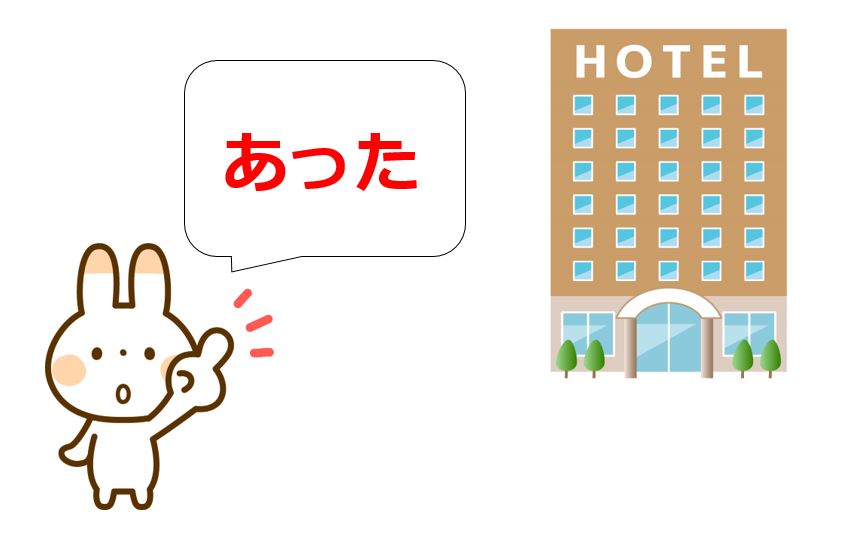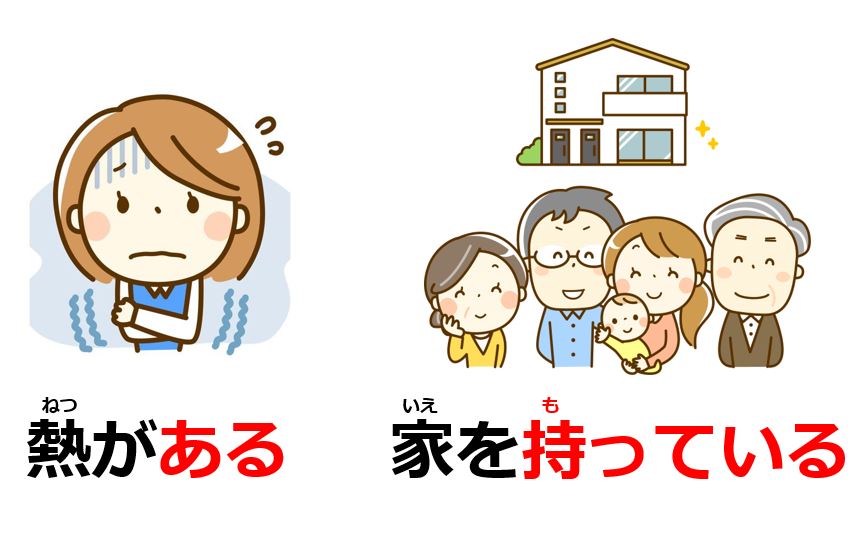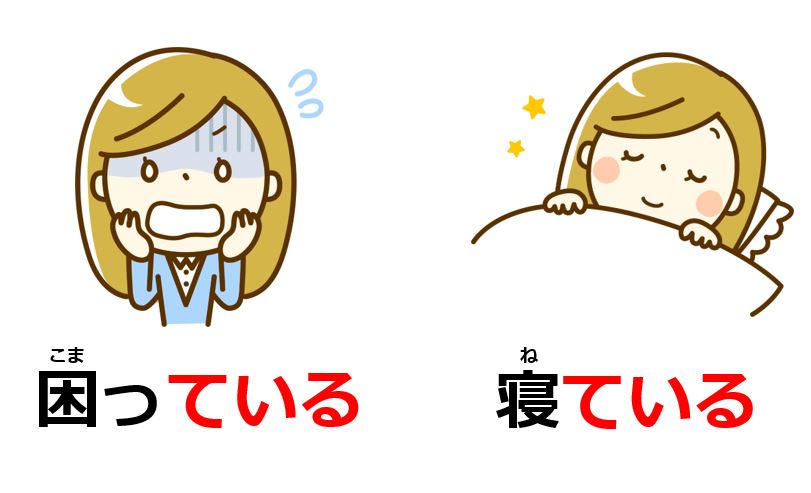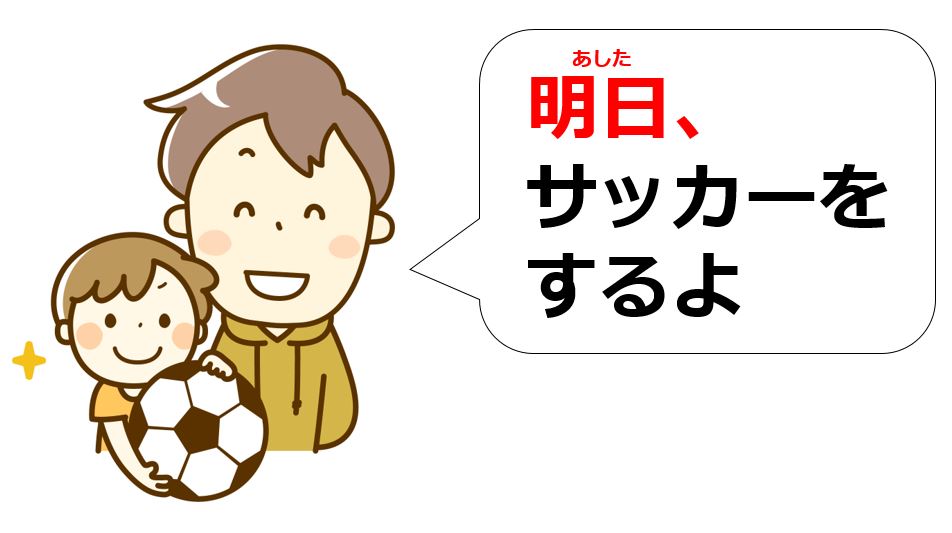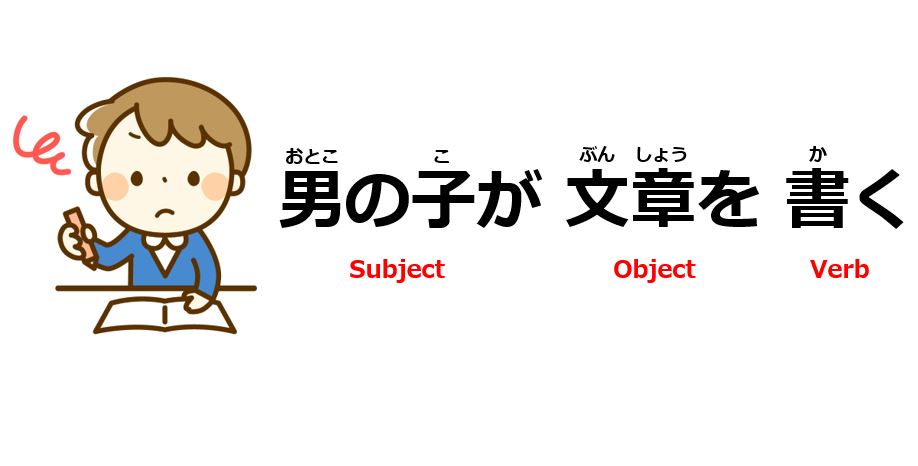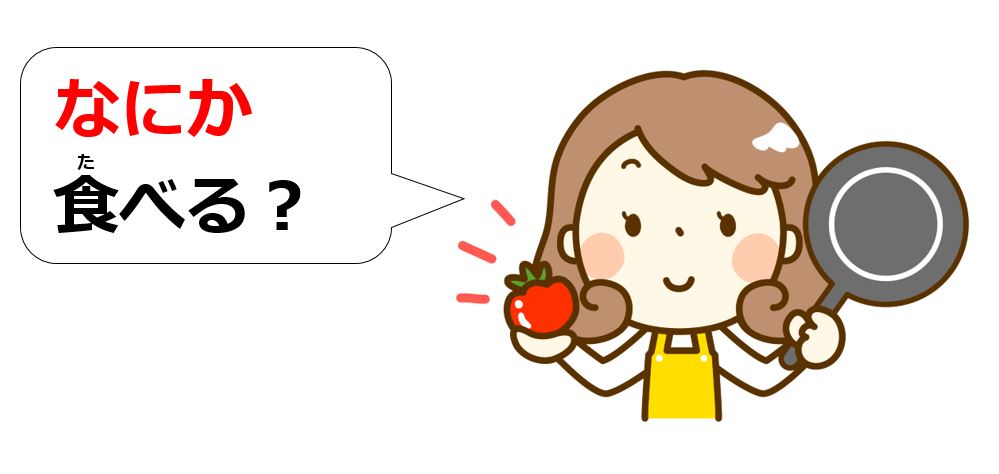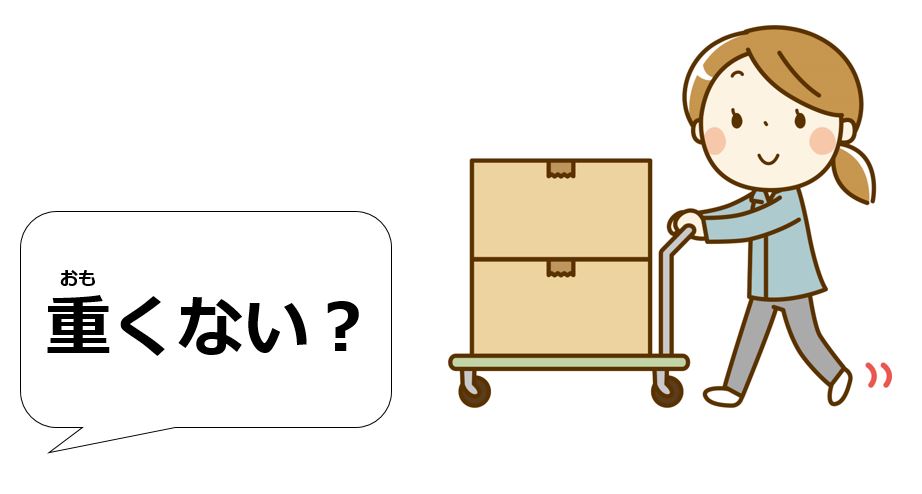Last time, you learned how to express discovery and recall by using the ta-form, e.g. “図と書しょ館かんがあった (There is the library),” and “図と書しょ館かんがあるんだった (I’ve recalled there is the library).” The various functions of the ta-form must be useful. However, you still need to learn some sentence patterns to express other tense and aspect. For example, if […]
Japanese Grammar
Another Function of the Ta-form: Discovery and Recall
Last time, you learned how the ta-form can be utilized, e.g. “着き物ものを着きた人ひと: person who wears a kimono” and “医い者しゃだった井上いのうえさん: Inoue-san who was a doctor.” The ta-form can express not only past tense and present perfect tense, but also modify nouns as well. Here is another important function of the ta-form, which expresses discovery and recall. You […]
How to Modify Nouns with the Ta-form
Last time, you learned how to express past tense and perfect present tense like “昨日きのうケーキを食たべました (I ate cake yesterday)” and “さっきケーキを食たべました (I have eaten cake just now).” In this lesson, we would like to focus on one of the special functions of the ta-form: to be treated as an adjective. Explanation for How to Let […]
Past Tense and Present Perfect Tense with the Ta-form
Last time, you learned how to express existence and possession like “駅えきに田た中なかさんがいる (Tanaka-san is in the station),” and “田た中なかさんには大おおきな夢ゆめがある (Tanaka-san has a big dream).” Then, if you would like to say “Tanaka-san was in the station,” what should you do? In this lesson, you will learn how to express past tense and present perfect tense. […]
Existence and Possession: ある and いる
Last time, you learned present progressive tense: “ごはんを食たべている (I’m eating a meal),” and resultant states: “かばんを持もっている (I have a bag).” As you notice, the concept of Japanese tense and aspect are different from English. In this lesson, we would like to focus on how to express existence and possession. How ある and いる Work When […]
Present Progressive Tense & Resultant States with Te-form
Last time, you learned what the plain form can express, which are the two usages of present tense: constant states like “歯はを磨みがくことは大切たいせつです (Brushing teeth is important),” and customary actions like “毎朝まいあさ歯はを磨みがきます (I brush my teeth every morning),” and future tense: “今いまから歯はを磨みがきます (I will brush my teeth from now).” Then, if you want to say, “I’m […]
Present and Future Tense with Temporal Nouns
You will start learning Japanese tenses and aspects. In the previous sections, we didn’t mention them, and generally used future tense. By understanding the usages of tenses and aspects, you will be able to communicate with people more accurately. Here, you will learn both present and future tense. Plain Forms Express Constant States, Customary Actions […]
Japanese Word Order
By now, you have already spent a while learning Japanese. You may wonder if word order is not important in Japanese. In fact, when you speak Japanese, you don’t have to pay attention to word order as much as other languages. However, there are certain rules that you should follow. Explanation for How Japanese Word […]
How Japanese Question Words Work Outside of Wh-questions
This is the last lesson in the interrogative sentence section. You have already completed how to make closed, open, and negative questions, and how to respond to them. Here, you will learn how to use question words outside of wh-questions. Explanation for How Question Words Work Outside of Wh-questions Table of Contents Question Words + […]
Japanese Negative Questions and How to Respond
Last time, you learned Japanese wh-questions not related to demonstratives like “誰だれが先生せんせいですか (who is the teacher)?” Now, you can compose both closed and open questions. In this lesson, we would like to focus on how to respond to questions. How to Respond to Interrogative Sentences The way to respond to questions in Japanese is similar […]


